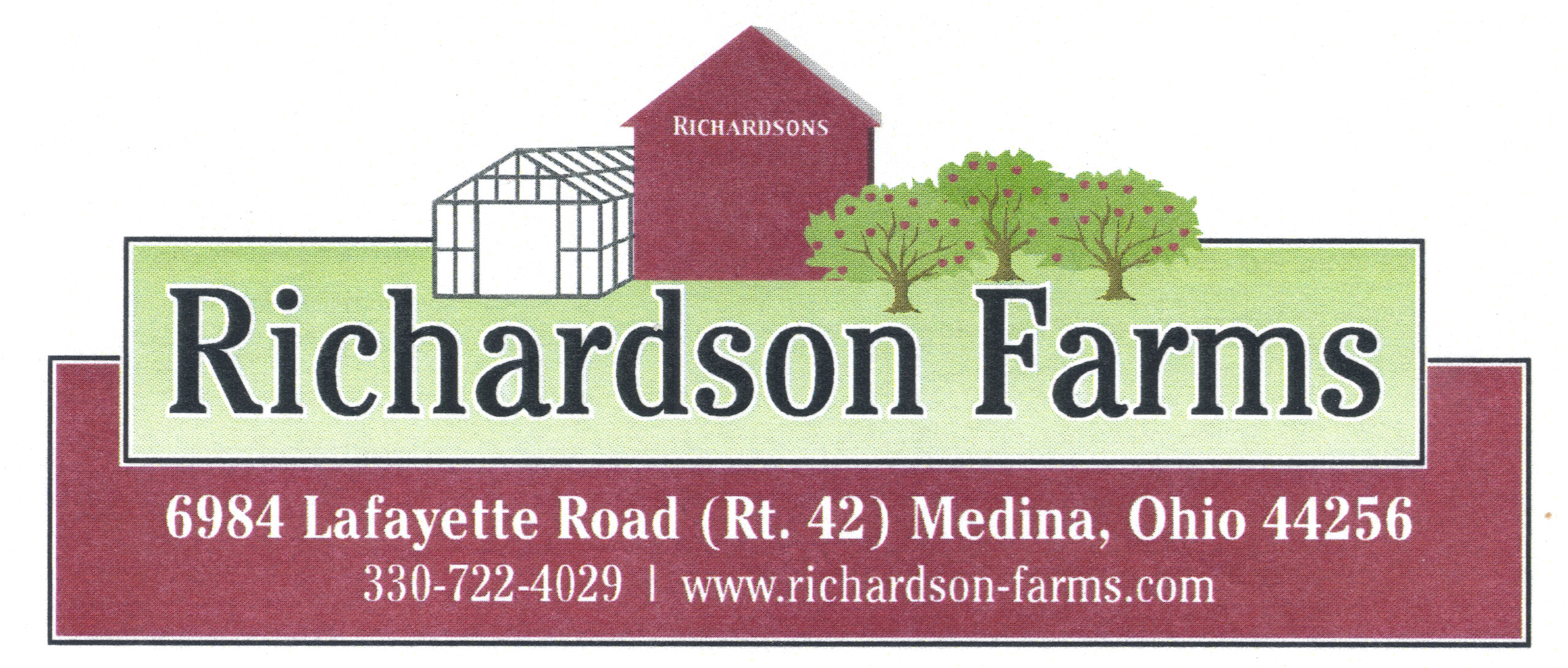
6984 Lafayette Rd.
Medina, OH 44256
The Richardson family has been farming for over 6 generations. If you count back, that is Bill and his son Ben, who currently run the farm, Bill’s dad, Bill’s grandfather, Bill’s great grandfather, and Bill’s great, great grandfather. While the farm dates back to 1880, the practices being used today are definitely modern. Partnering with the Ohio State Extention, Richardson Farms uses as many organic growing practices as possible. One of the biggest problems in growing plants is pest control and at Richardsons, they employ a variety of natural means to remove pests. Nematodes are small worm-like creatures that eat the eggs of bugs harmful to crops. By putting nematodes in the soil the plants grow, the pests never hatch, and there are no chemicals added to the produce. Another practice, started in the 1970’s, is no tilling. Many farmers will turn over the top six inches of soil to plant their seeds. But what this does is remove the layer of material on the top of the soil, keeping it in place. By tilling, you lose that protective layer and the nutrient-rich soil you want can be blown or washed away by the elements. Richardson Farms began no tilling at a time when others thought it was crazy!
View Richardson Farms Timeline Here
How did the business start?
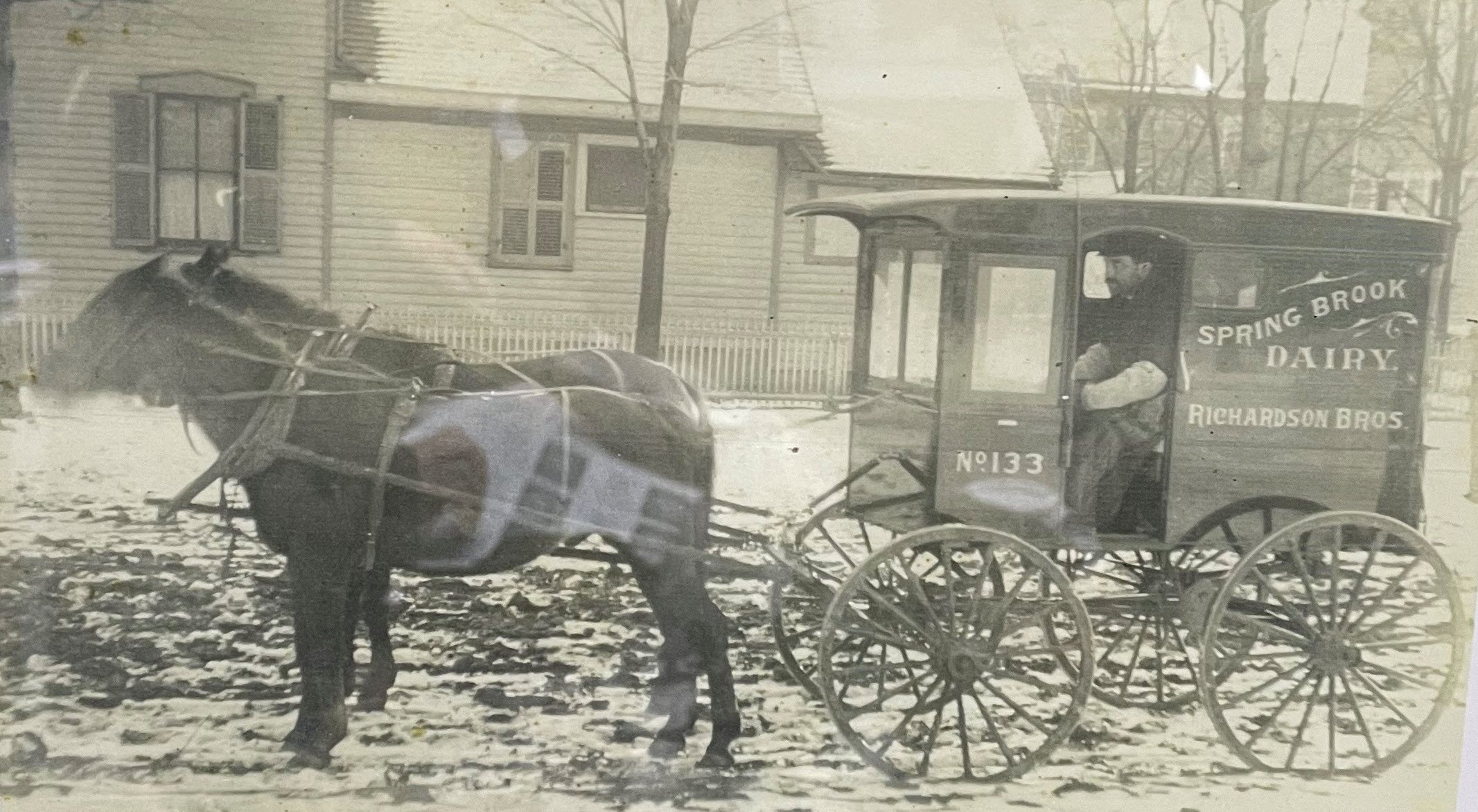
Benjamin L. Richardson, a Quaker from Pennsylvania, moved to Ohio with his brother and sister to farm the new land in Cuyahoga County. There was an uncle already in Ohio, running a mill to turn grain into flour, and it sounded like a good place to be. They were some of the original settlers of the area. In 1880 they needed more land and moved to Lafayette Township. They sold produce, and also plants native to the region. Over the years we have added locally made products, meat, perogies, and more! We even offer cooking classes on a regular basis.
What challenges are you facing?
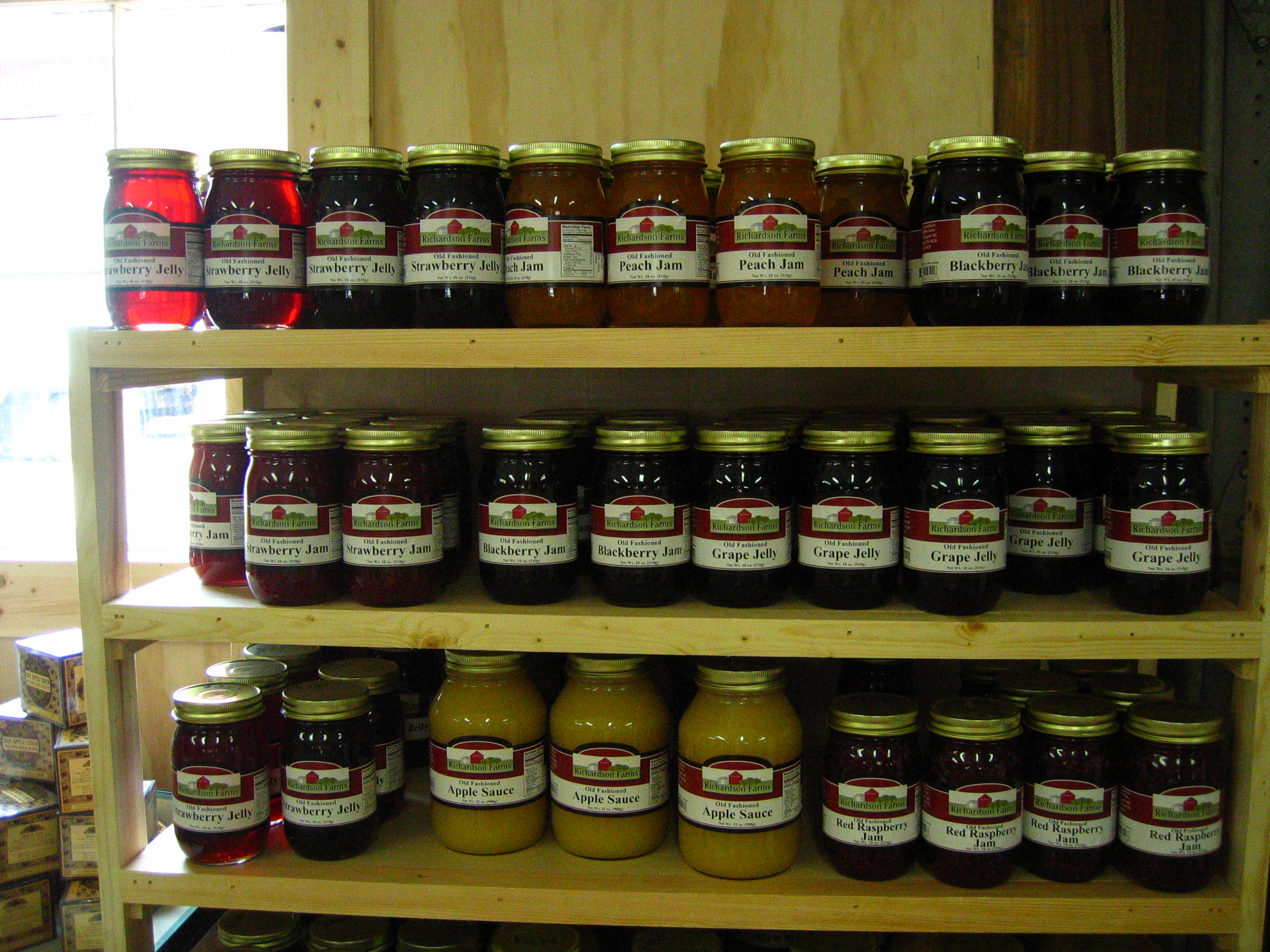
Costs are very high right now. Labor is twice what it was three years ago. Also the costs of gas, fertilizer, containers, packaging – everything is much higher. It means we have to charge more for what we grow and that impacts everyone.
Where are your customers and suppliers located?
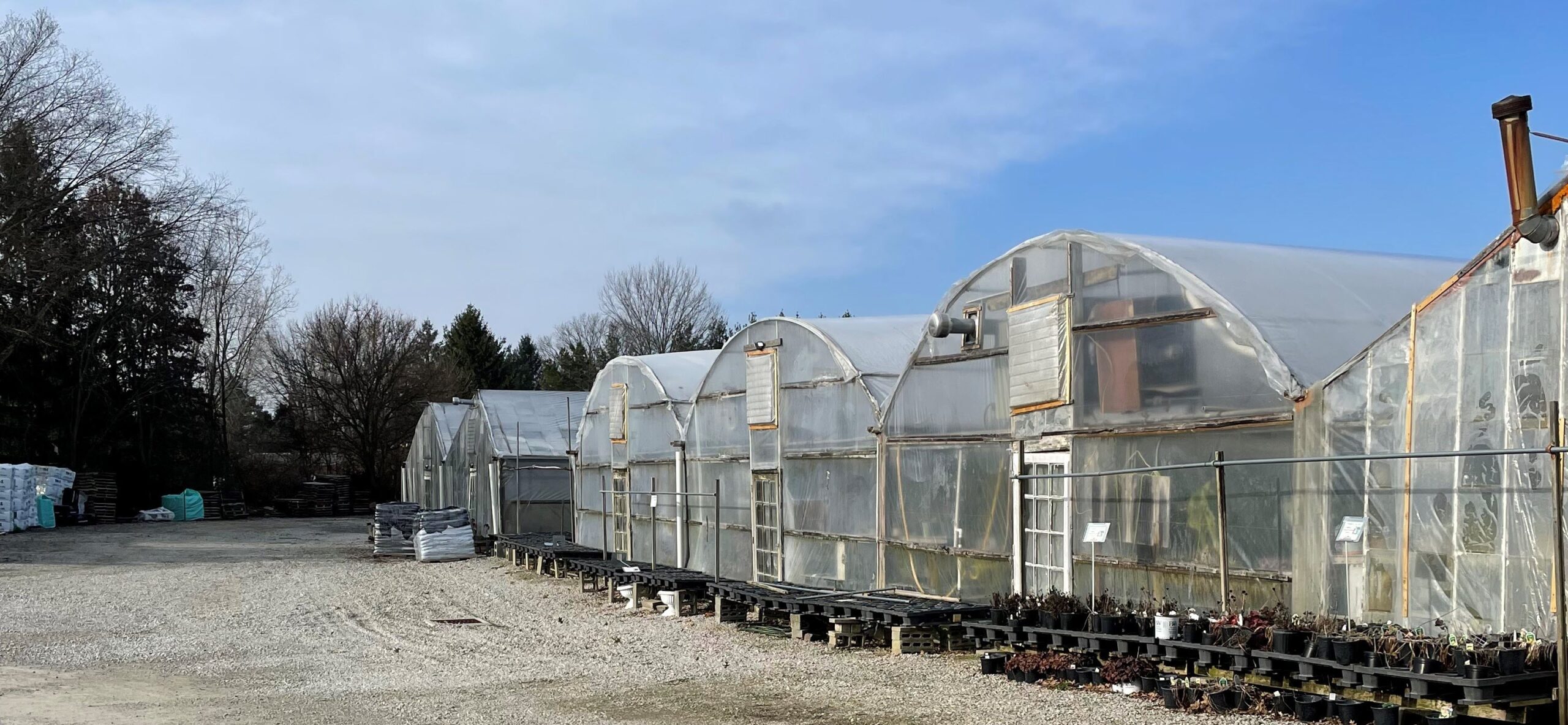
We are part of a Co-Op, or cooperative food group that is owned by the members. As a group, the members who are all food growers, producers, and processors offer agricultural products to their customers. That group is based in Youngstown and services Northeast Ohio. We have found people come from all over Northeast Ohio to visit the farm, get plants in the spring, pick pumpkins and apples in the fall, buy produce, and attend cooking classes.
Does your company focus on any sustainability efforts?
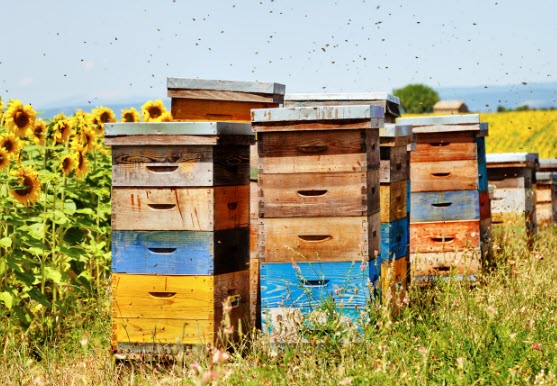
We have been organically farming everything we can for as long as I can remember. Apples do not grow well in Ohio without some help, but otherwise, all products are organic. We use helpful insects to keep the pest populations down, manage our water usage, use organic fertilizer, and reuse everything we can.
How does your business interact with government?
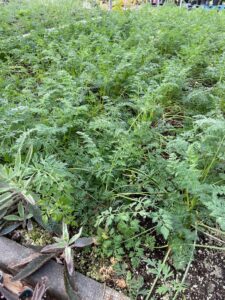
Farming has a lot of governmental agencies that want to know what’s going on. Campaigns like, “got milk” and “pork – the other white meat” are run by government agencies, but paid for through Marketing Orders. We have to pay something from every sale to keep those programs running. The United States Department of Agriculture (USDA) is responsible for food, agriculture, natural resources, rural development, nutrition, and related issues based on public policy, the best available science, and effective management, according to their website. That means when we grow things or use new products, we are monitored. We report every crop and what we sell, where it sells, etc. to fund state universities as well.
How does someone get a job with you?
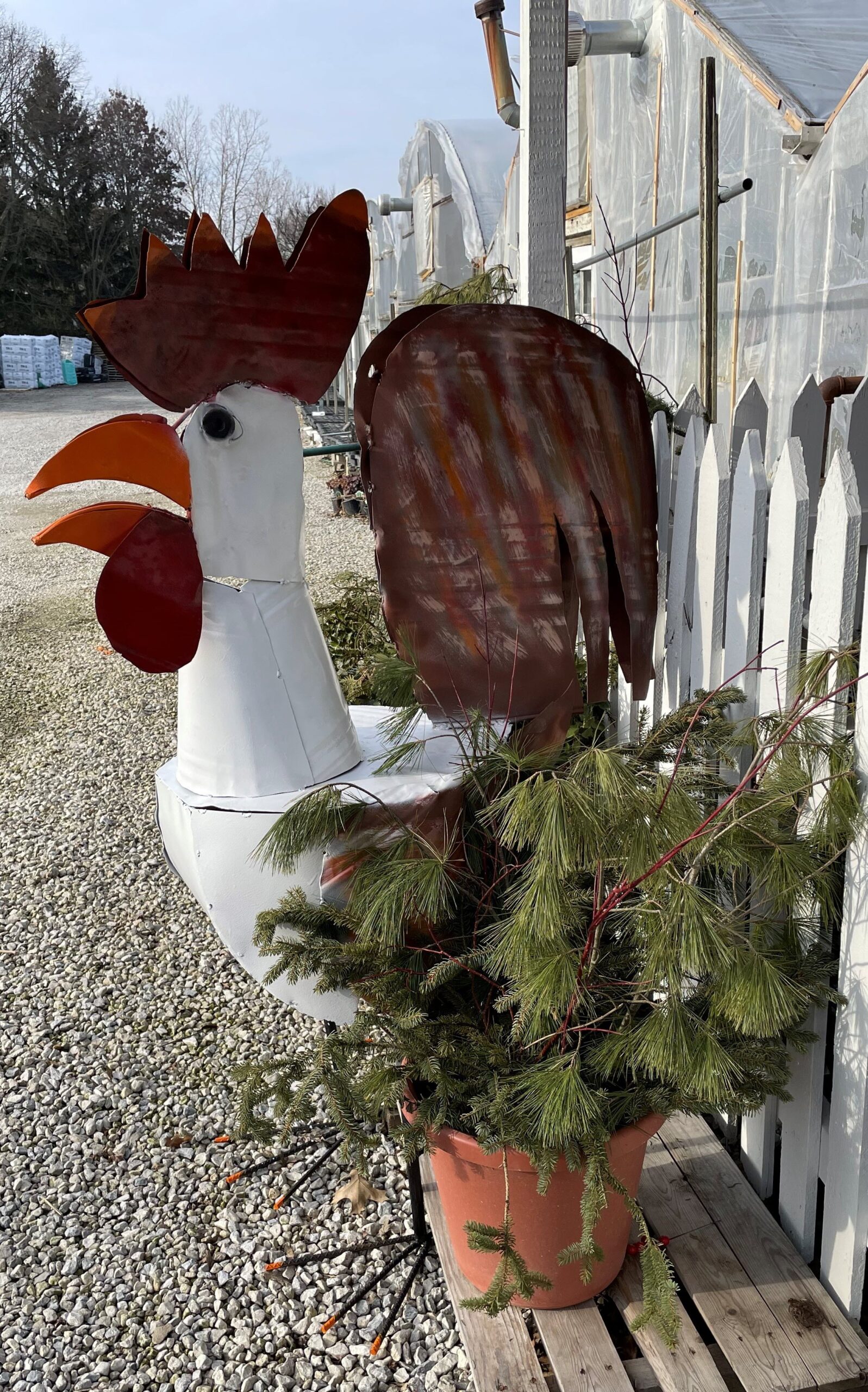
We generally hire people who stop into the store. We need to know they are interested in the work and will get the job done. It is challenging work, but at the end of the day you actually can see the progress of what you are doing and you aren’t behind a desk all day. Growing things is very rewarding.
Why do employees like to work here?
There isn’t a lot of structure to what we do. Everyone knows what needs to get done and we just all work together to do it. Several employees bring their children and those children work here through school. The work is seasonal so it is great for a student to do on breaks and it is always different. Every day is something new.
